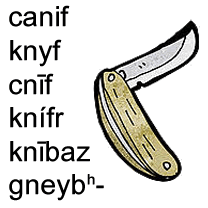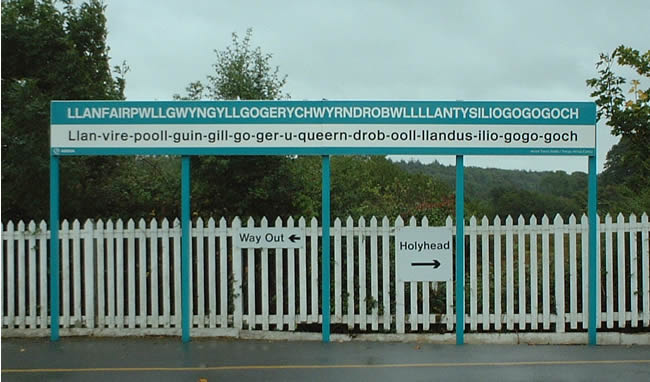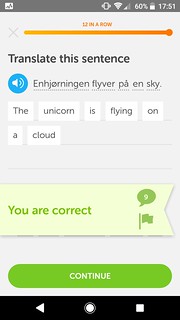A useful phrase that came up in my Swedish lessons on Memrise this week is Jag är lite förvirrad, which means “I’m a little confused”. This is quite a useful phase when you’re learning a new language, or trying to make sense of a new place, country or custom.
Another phrase that came up is Vi har gått vilse, which means “We’re lost” or literally “We have gone/walked astray”.
Förvirrad means confused, perplexed, addled, addlepated, bewildered, bumbling, chaotic, crazed, discombobulated, distracted, disturbed, dizzy, flighty, muddled, befuddled, diffuse, according to bab.la.
Here are a few examples of how it’s used:
- Just nu ser han väldigt förvirrad ut
Right now he’s got a real bewildered look on his face
- Allt detta gör att man känner sig förvirrad
All of this cannot fail to make one dizzy
- Men i mitt förvirrade tillstånd, hamnade jag väldigt snabbt i självhjälpsavdelningen
But given my befuddled state of mind, I ended up in the self-help section very quickly
Related words include:
- förvirra = to confuse, confound, daze, bemuse, befuddle, bewilder, discombobulate, disorient, mix up, obscure
- förvirrade = disconcerting
- förvirrande = perplexity, confusing, bewildering, perplexing
- förvirring = disorder, bafflement, bewilderment, confusion, daze, disorientation, distraction
förvirra comes from the Middle Low German vorwerren [source], which is also the root of verwirren (to confuse) in German and verwarren (to tangle, confuse, confound, befuddle) in Dutch.
The ver- and -en are affixes. The warr/wirr/werr part comes from Middle Dutch werre/warre (confusion, disarray, conflict), from Old Dutch *werra, from Proto-Germanic *werrō (confusion, disarray, conflict, strife), from the Proto-Indo-European *wers- (to grind, sand, sharpen, hone). The English war comes from the same root [source].
Vilse means lost, astray, wrong, according to bab.la.
Related words include:
- vilsegången = lost
- vilseföra = to confuse
- vilsefört = blindsided
- vilsekommen = lost, stray, wandering
- vilseleda = to confuse, deceive, delude, misdirect, misguide, misinform, mislead
- vilseledande = misleading, deceitful, deceptive, delusive, duplicitous, deceptively
- vilseledat = misguided
- vilseledd = to mislead
Vilse comes from vill (lost), from Old Norse villr (wild), from Proto-Germanic *wilþijaz (wild), from Proto-Indo-European *wel-/*welw- (hair, wool, grass, ear (of corn), forest), which is also the root of the English word wild [source].








